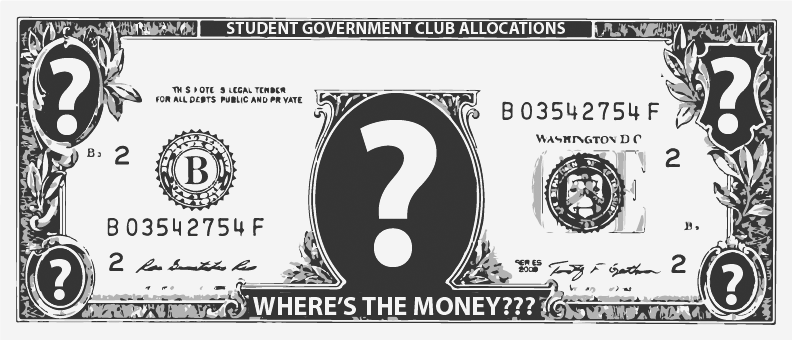While many young students who are responsible for paying their college tuition themselves cannot file as an independent student, financial aid administrators at NC State and UNC have said that there are still ways that students can get the federal aid they need from the FAFSA form, but not always.
In many instances, when applying for financial aid, students are not able to file as an independent student if they are under 24, even if their parents are not contributing to paying for a student’s education.
Krista Ringler, director of Scholarships and Financial Aid said that the federal government wants higher education to be the responsibility of the student and caretakers first.
“It is based on philosophy and the philosophy in this particular area is focused on the idea that parents should be expected to contribute to a student’s education even if they can’t … most parents, if they had the option, would say, ‘If you can get financial aid, I’m not going to pay for college,’” Ringler said.
There are, however, ways students can get around the rule about dependency if there are extenuating circumstances, according to Ringler.
“Students who have very special circumstances where they are estranged from parents largely for reasons surrounding abuse, emotional or otherwise, difficult family situations where perhaps they’ve never known their actual parents, maybe they were raised by grandparents or other family members, there is a caveat where those students can be classified as independent before the age of 24.”
According to Ringler, the university will classify a student as independent if the student provides appropriate documentation. However, there is no caveat when parents are not estranged from their parents, but they refuse to pay.
Tabatha Turner, senior associate director at UNC Scholarships and Student Aid, said that paying for college even 40 years ago was a lot more feasible than it is today and the impact of working and paying for college is drastically different.
“Those students are really caught when they aren’t receiving funding from their parents … I think the law is written as such because I think people would go around it,” Turner said. “We sometimes hear from parents who say ‘Well, I supported myself. I worked my way through college,’ and we explain it’s a very different world now that the expenses have not gone up proportionately to the other costs of living. What a student was able to earn and pay in the 1970s or 80s is a drop in the bucket towards college expenses today.”
Turner added that if students have parents who refuse to pay for school, they can qualify for an unsubsidized loan and that the situation is rare at UNC.
NC State Counseling Team Supervisor Michelle Thompson says that students still have to corroborate information in circumstances where it is safer for the student to be considered independent, but the situation must be extreme.
“If a parent is simply unwilling to support a student’s higher education, there really isn’t any recourse for the student,” Thompson said. “The only potential recourse is there is a form that, in a certain situation a student can complete that the parent has to agree to. And there are conditions that the student cannot live with the parent, the parent cannot be supporting the student financially.”
Thompson also said that an unsubsidized loan does not help the student because they cannot receive any grants.
Thompson added that her own daughter recently graduated from college, and that she has experience with the FAFSA herself. She expressed her personal annoyance with the hurdles the FAFSA presents with all students.
“I had to do the FAFSA,” Thompson said. “[My daughter] was selected for verification one year and didn’t tell me she got the email. A lot of us are students and parents ourselves so we feel it too. And it’s incredibly frustrating. We oftentimes are equally as frustrated with the hurdles … believe me. I want to give you aid but I can’t until we get all of these things complete.”
Data on where universities stand on financial aid and the average net price is available on The Integrates Postsecondary Education Statistics website.








